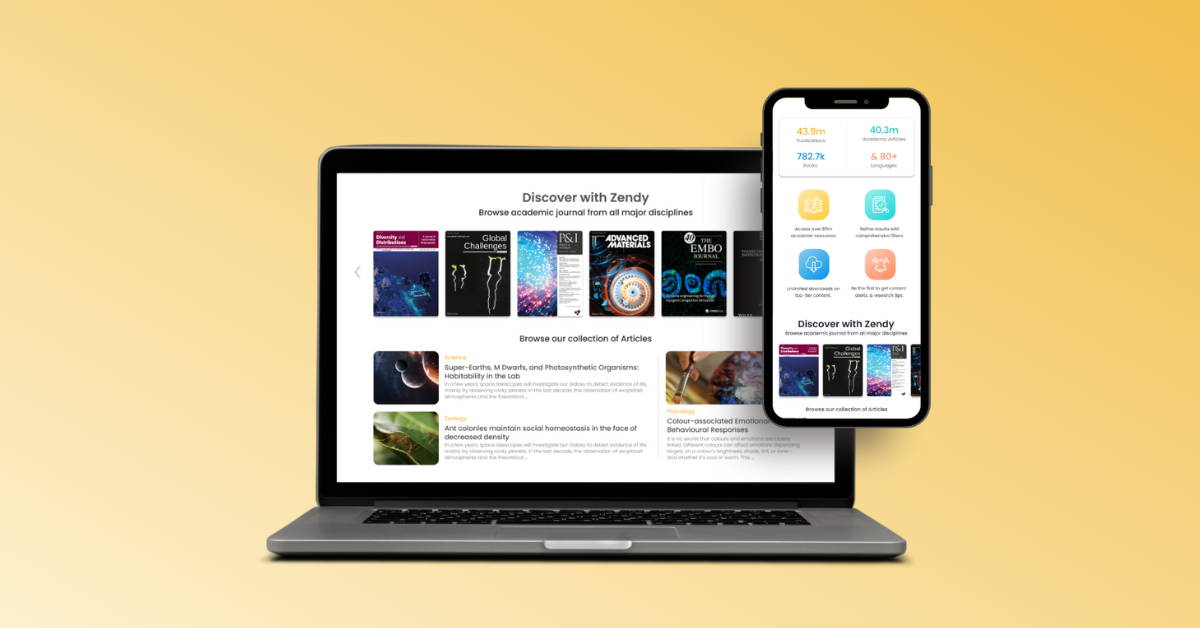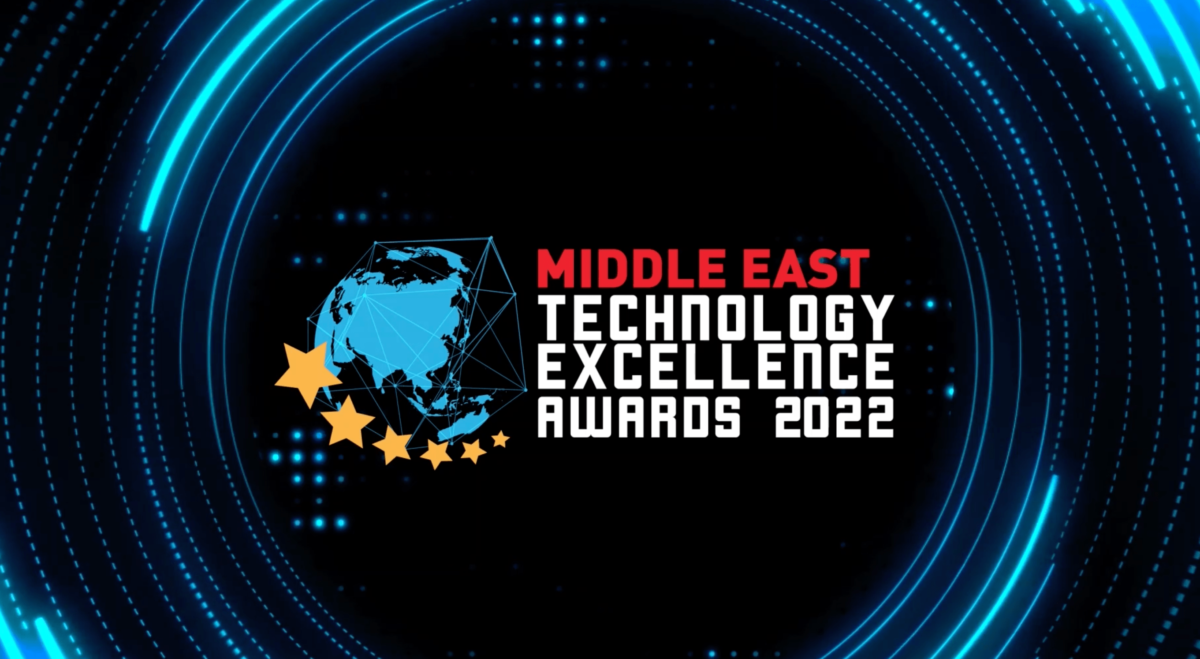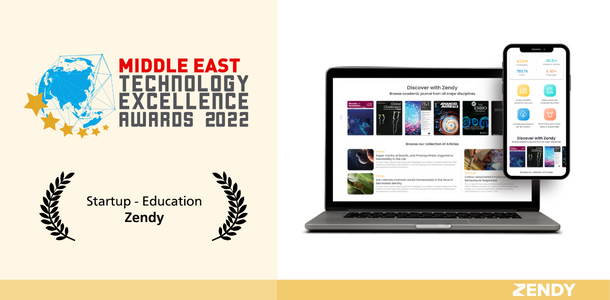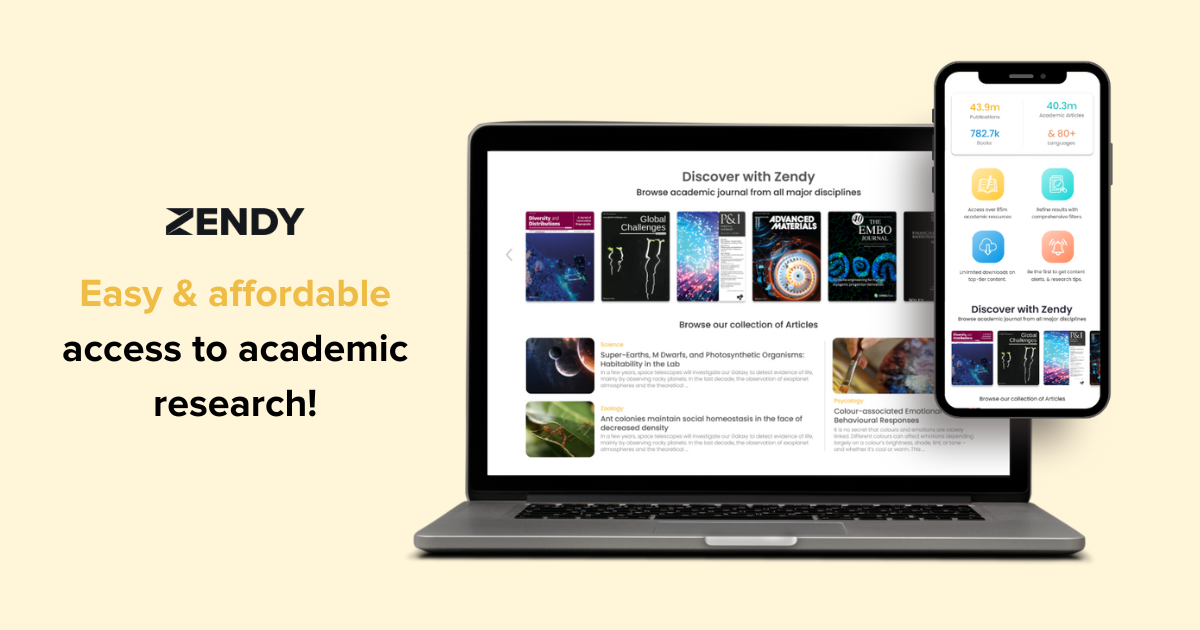As we reach the end of 2022, we’re celebrating a unique and incredibly exciting year for Zendy. As I type this, we now welcome over 40,000 users to the Zendy platform. A milestone that I am certainly proud of but not surprised by.
I’m not surprised by the positive response to Zendy because as an industry, we have a long way to go to ensure that everyone, everywhere, has equal affordability and accessibility to knowledge. But we are certainly taking steps in the right direction. There’s never been a time when we need more evidence-based research.
When I Co-founded Zendy in 2019, Zendy’s ‘hybrid’ subscription-based access model was a new concept for publishers to visualize. Despite this, our passionate and inspired mission to democratise access to scholarly literature was felt and we gained the support of some of the world’s leading publishers. If there’s something I’ve learned in my many decades in the industry, it’s that collaboration is the fundamental ingredient to foster change in the academic publishing spectrum successfully.
A big thanks to our publishing partners who continue to support our mission and work with us to promote lifelong learning opportunities for individuals in over 130 countries.
As I reflect on collaboration, I think of the endless hours of work put in by the Zendy team. Those who were with us from the beginning, and our many recent joiners – everyone has pioneered together along the way. When you are creating something from scratch, the challenges keep coming. The resilience and commitment of our team is second to none, and I couldn’t be prouder of all the milestones we have reached together.
It was great to see the team’s talents recently recognized at the Middle East Technology Excellence Awards where Zendy received Best Startup in the Education Technology category.
We had a long list of goals in 2022. A key objective was to participate in as many conversations as possible. It’s a pivotal moment in academic publishing, digitisation is in full effect, and end-user consumption trends continue to spotlight the need for publishers and service providers to diversify content and focus on accessibility and affordability.
Earlier this year, I joined ChronosHub on a webinar to discuss Affordable Access & Open Access Publishing. The webinar showcased the progress that has been made on the OA front to encourage greater diversity and representation in academic publishing. However, it’s still evident that researchers on the ground, especially in emerging regions, still face hurdles in basic access to journals.
Watch the full webinar here: https://bit.ly/3PA8GM3
As we see news globally of pirated academic content platforms terminating, it’s critical that, as an industry we focus on how we can continue to deliver value to students, researchers, professionals, and self-learners around the world. By right, everyone should have equal access to scientific literature. Ultimately the goal of research is to enhance society, and the only way to do that is to disseminate research as far and wide as possible.
The message of dissemination fits well alongside the United Nations Sustainable Development Goals. As joint signatories of the SGD Publishers Compact, it was excellent to join industry players at this year’s Frankfurt Book Fair. We had positive meetings with existing publishers and successful meetings with new publishers on the Open Access and paid content front.
We look forward to sharing news of new partnerships in early 2023.
Shortly after Frankfurt Book Fair, we hosted a collaborative webinar with OAPEN at the beginning of Open Access week to discuss the importance of OA participation and to explore the link between OA content and climate action. The webinar featured two Open Access authors who detailed their publishing experience as authors – a great watch for aspiring authors.
Watch the full webinar here: https://bit.ly/3V6Hx4f
Q4 has been incredibly busy for us, and we are looking forward to announcing new feature releases that will significantly uplift users’ experience on the platform. Our technology is what sets us apart, and this year we made considerable improvements to enhance the accuracy and value of our data for users based on data association and topic modeling algorithms.
Another recent milestone is that we launched Zendy in Nigeria, allowing users to search both Open Access content and subscribe to top journals on one seamless platform. We’ve already welcomed over 8,000 users in Nigeria, and we look forward to creating more access opportunities in the region.
As we bring 2022 to a close, we thank all of you who support us in big and small ways. Looking forward to more conversations and collaboration in 2023.
Best wishes for a happy new year from the entire Zendy team!
Kamran Robert Kardan



